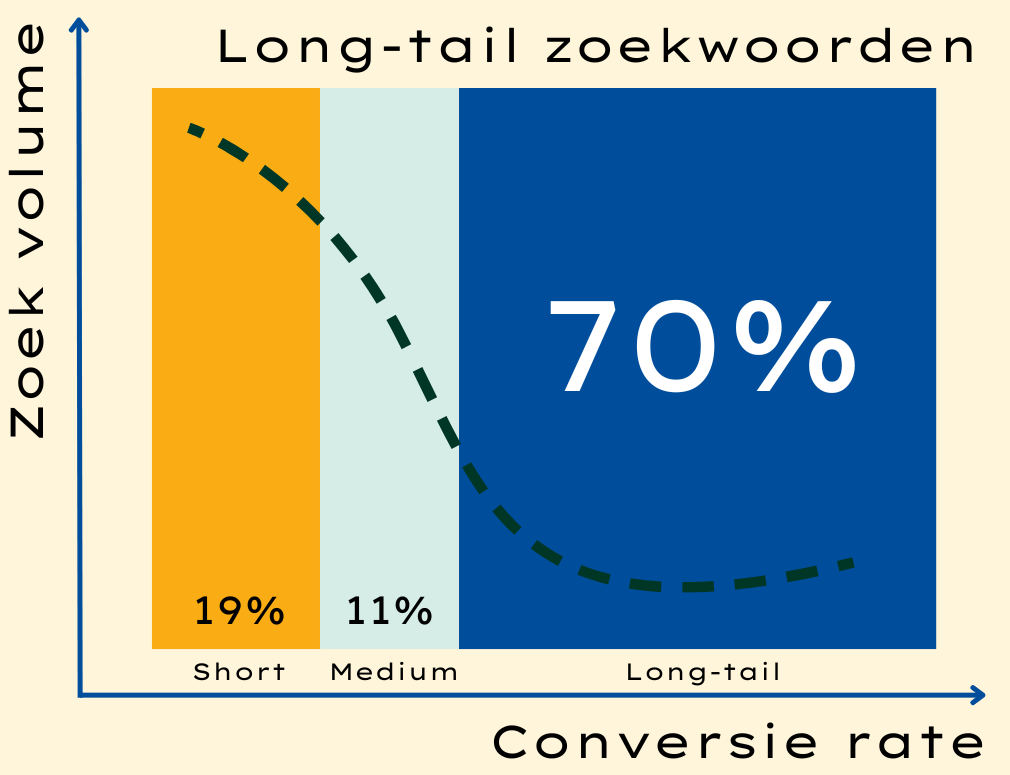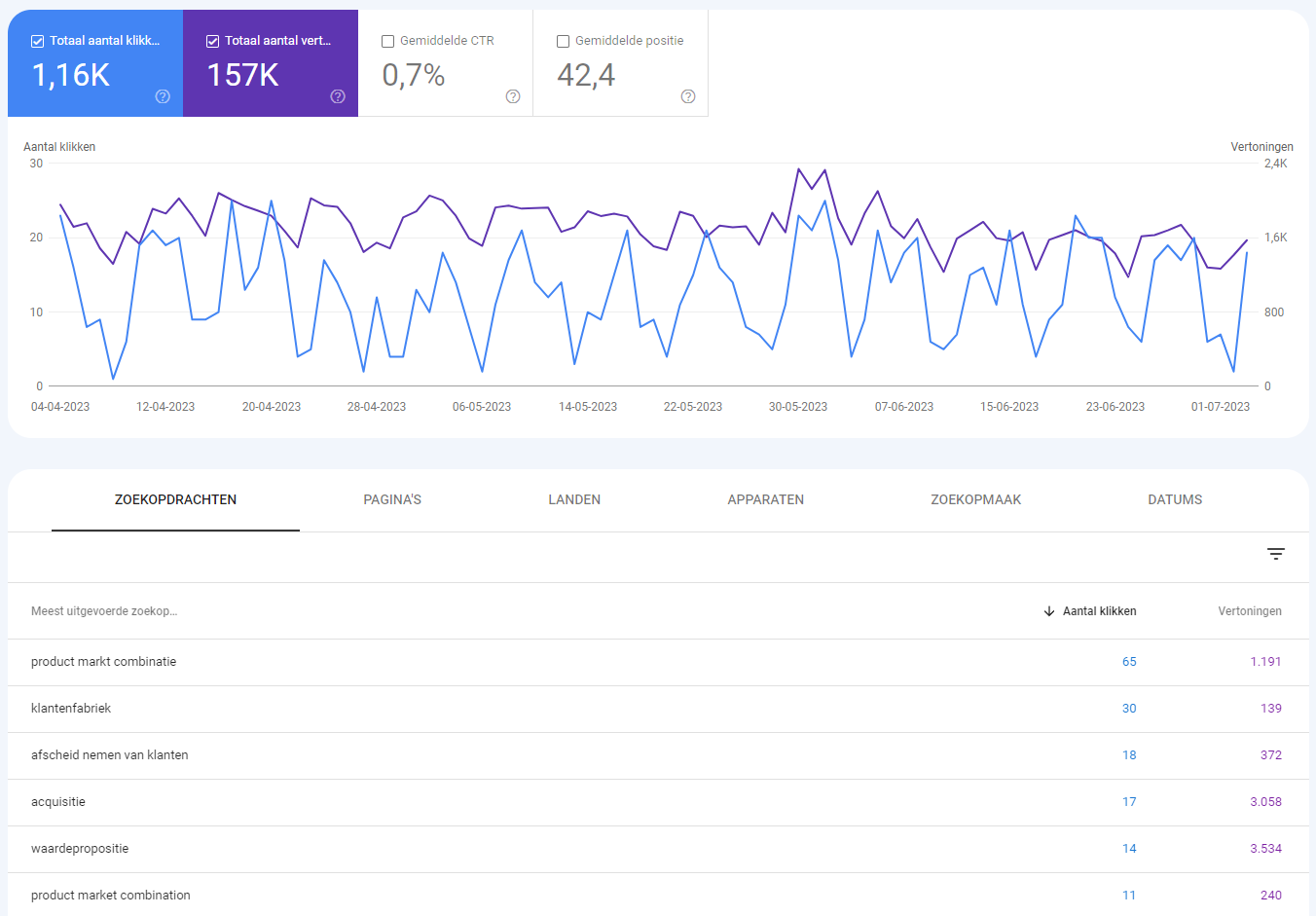Summary
In this article, you will learn how a keyword research can be done effectively to increase your online visibility and generate targeted traffic to your website. Learn to understand your target audience, generate relevant keywords, analyze search volume and competition, and focus on long-tail keywords. Then organize and prioritize your keywords and keep monitoring and optimizing. With thorough keyword research, you can improve your digital marketing strategy and better meet the needs of your target audience.
1. Understand your target audience
This is the first and most important aspect of keyword research. Identify your potential customers’ demographics, interests, needs and issues. This insight allows you to identify relevant keywords that can lead to conversions.
Want to learn more about SEO? Read more about the workshop from keyword to content here
Free this summer with the code summer23
2. Generate keywords
Now that you understand your target audience, start generating relevant keywords. Make a list of words and phrases related to your products, services or industry. Consider variations, synonyms and related terms. Visualize this with a mind map. See example below.

3. Analyze search volume and competition
It is important to analyze the search volume and competition of the keywords generated. Search volume indicates how often a particular keyword is searched for each month, while competition refers to the number of other websites competing for that keyword. Ideally, you want to find keywords with reasonable search volume and manageable competition. There are several tools available, such as the Google Keyword Planner, Semrush and Ubersuggest, that will help you find keywords.
4. Focus on long-tail keywords
Long-tail keywords are more specific searches that usually consist of multiple words. Although they have lower search volume, they tend to be less competitive and have a higher chance of conversion. Target long-tail keywords that reflect specific problems, needs or intentions of your target audience.

5. Analyze competitors
Study the keywords your competitors are using and analyze their strategies. What keywords do they rank for? What keywords might they have overlooked? This information can be valuable to refine your own keyword research and discover new opportunities.
6. Organize and prioritize keywords
Now that you have a comprehensive list of keywords, it’s time to organize and prioritize them. Categorize them based on relevance, search volume and competition. Focus on the keywords that have the most potential to attract and convert your target audience.
Want to learn more about SEO? Come to the workshop from keyword to content
Free this summer with the code summer23
7. Keep monitoring and optimizing
Keyword research is not a one-time task. It is essential to monitor and optimize your keywords regularly. Keep an eye on trends, adjust your keywords based on changing needs of your target audience and keep experimenting with new keywords to strengthen your online presence. For this, you can use a free tool like Google Search Console.

Thorough keyword research is a crucial step in building an effective digital marketing strategy. By understanding your target audience, generating relevant keywords, analyzing the competition and continuing to optimize, you can increase your online visibility and better meet the needs of your target audience. Take the time to conduct comprehensive keyword research and reap the benefits of better rankings and more targeted traffic to your website. Already found the relevant keywords? Then download our guide to creating a perfect landing page with these keywords!





